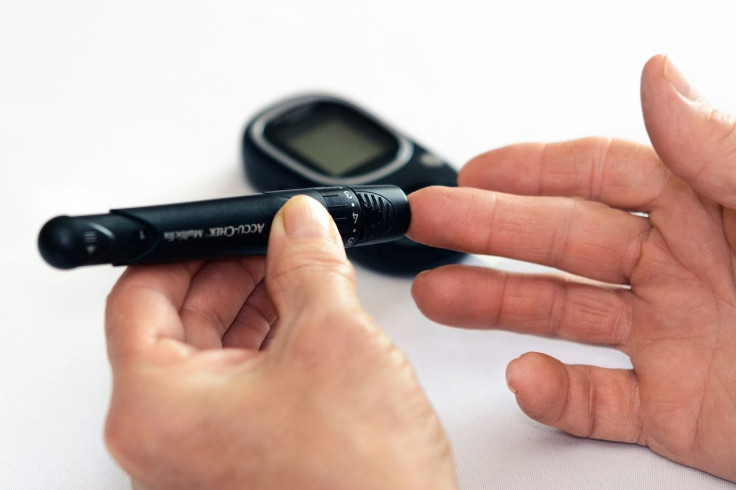Common Diabetes Drug Can Reverse Heart Disease Risk In Diabetic Patients: Study

KEY POINTS
- As of 2019, over 460 million people worldwide suffered from diabetes and about 2 million died due to its complications
- High blood sugar levels can cause serious complications to one’s heart health
- Insulin treatment which was used to manage blood sugar levels causes oxidative damage
- But a commonly taken diabetic drug can reverse heart diseases risk when taken alongside insulin
Increased blood sugar levels can be dangerous for blood vessels and such a toxic effect is believed to cause cardiovascular complications of diabetes including heart attacks and strokes. Insulin has been the commonly followed treatment to reduce blood sugar levels in diabetic individuals and the hormone is administered via an insulin pen or a pump.
But, surprisingly, clinical trials have demonstrated insulin treatment doesn’t work in reducing the risk of heart diseases even though it reduces the blood sugar levels. This indicates insulin treatment isn’t sufficient to prevent damages to a diabetic patient’s blood vessels.
In recent research, it has been observed insulin by itself causes oxidative damage to the human arteries, which is what people try to avoid by treating diabetes. This means any benefits one can get from reducing blood sugar levels are offset by the damage the hormone causes to the blood vessels. This is the first study to not only demonstrate this phenomenon but emphasize the fact that it contradicts previous studies, according to The Conversation.
“Recent clinical trials have revealed that aggressive insulin treatment has a neutral effect on cardiovascular risk in patients with diabetes despite improved glycemic control, which may suggest confounding direct effects of insulin on the human vasculature,” said the researchers in their paper published in the Science Translational Medicine.
How to reverse the negative effects of insulin?
The researchers found a category of anti-diabetic drug which acts as inhibitors of the enzyme dipeptidyl peptidase 4 (DPP4) can reprogram the response of human arteries to the hormone. When insulin is given to diabetic patients pre-treated with a DPP4 inhibitor, they found a striking improvement in blood vessel health rather than oxidative damage in these patients.
Since both insulin as well as DPP4 inhibitors are approved to be used in diabetes treatment, this finding can be rapidly translated to human beings without the need for further cell-based and animal studies that new drugs need to be validated with.
“These findings may explain the inability of aggressive insulin treatment to improve cardiovascular outcomes, raising the question whether vascular insulin sensitization with DPP4i should precede initiation of insulin treatment and continue as part of long-term combination therapy,” concluded the researchers.
Currently, physicians do not prescribe DPP4 inhibitors alongside insulin treatment for diabetic patients. The findings of this study could soon influence the way insulin and DPP4 inhibitors are used in clinical practice.
© Copyright IBTimes 2025. All rights reserved.






















